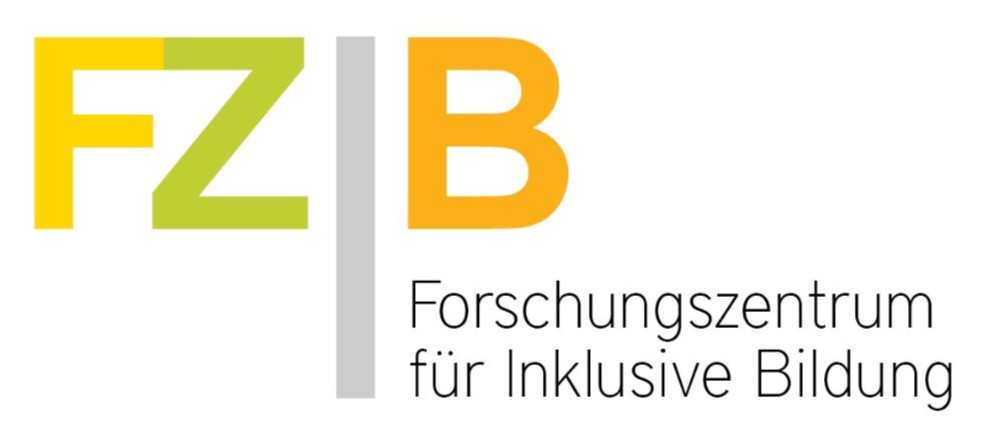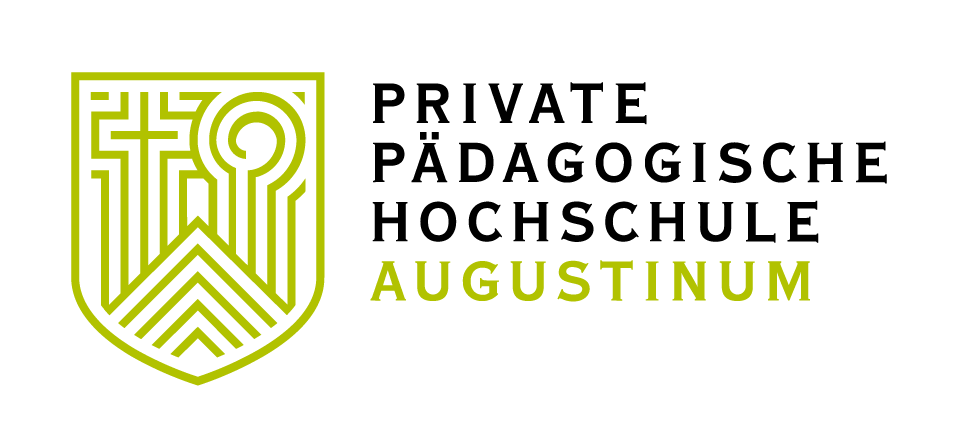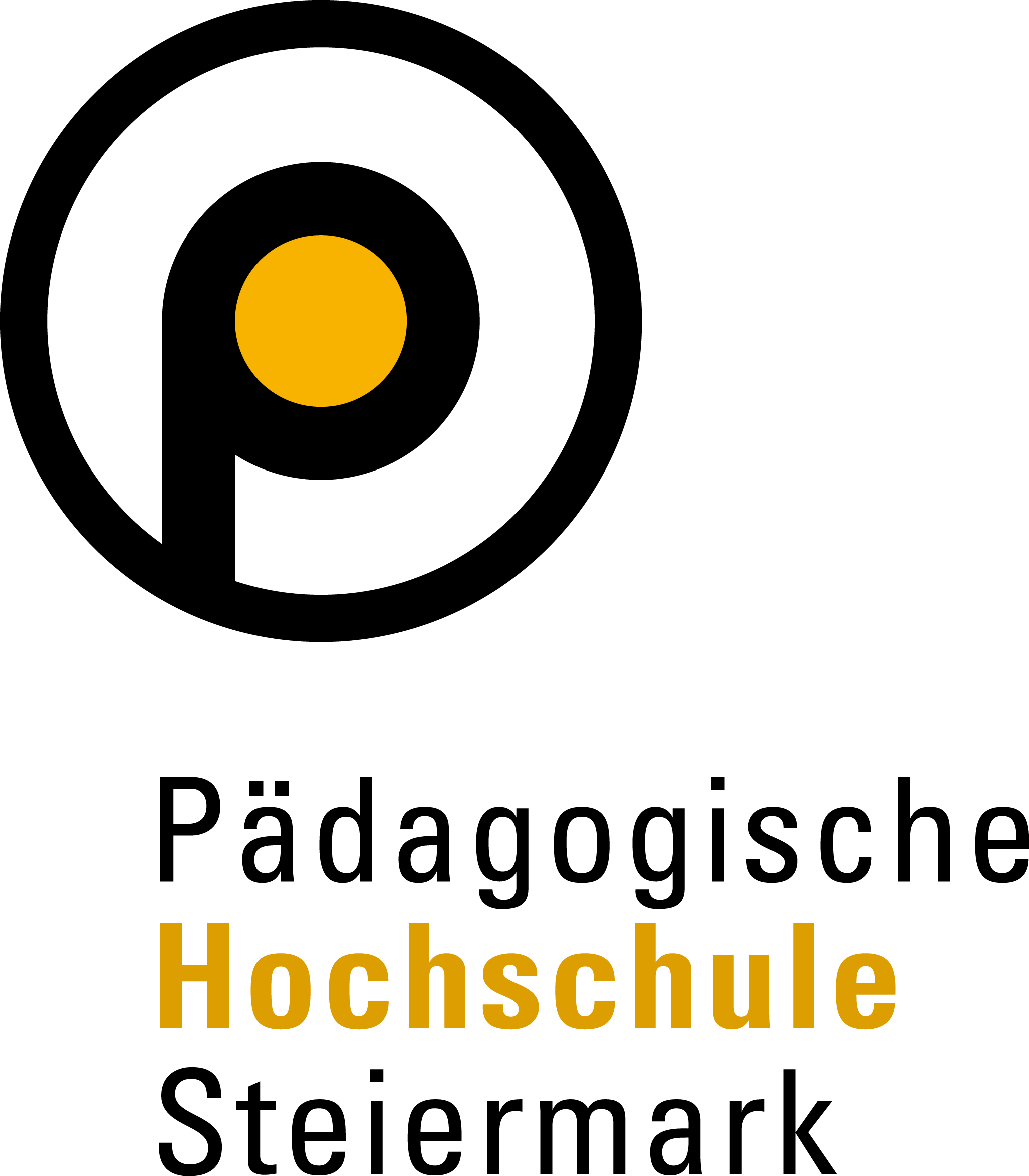RCIE MOOC "Inclusion - Diversity as an opportunity - the basics of inclusive education!"
The Research Center for Inclusive Education (RCIE) has developed a completely new Massive Open Online Course (MOOC) on the topic of inclusion. This online course is general in german, only partly in english. Technically supervised by the Center for Digital Teaching and Learning at the University of Graz and the iMoox team at Graz University of Technology, this MOOC was launched on imoox.at on October 1, 2021 and is available for an unlimited period of time.
What can you expect in the MOOC?
In three online modules, the MOOC presents what inclusive education means, what role the UN Convention on the Rights of Persons with Disabilities plays, how inclusion has developed historically in the education system and how it is possible to see the differences and diversity of people as an opportunity for all learning and educational processes. The special thing about this MOOC is that not only scientists and experts from various countries have their say, but also people with disabilities and practitioners from inclusive institutions who enrich the MOOC with their experience reports.
The MOOC was developed under the direction of Barbara Gasteiger-Klicpera (University of Graz), Andrea Holzinger (PH Styria) and David Wohlhart (PPH Augustinum), with content developed by Edvina Bešić and Mathias Krammer (PH Styria), Martina Kalcher (PPH Augustinum) and Lisa Paleczek (University of Graz) and realized by Heidi Kinast (FZIB) and Roland Radlinger (University of Graz).
The course materials in the MOOC Inclusion are all provided with a CC BY SA 4.0 license and can therefore be used as an open educational resource for teaching or for passing on to everyone.
Worth knowing
The course is aimed at anyone who is interested in the topic of inclusion in social coexistence and would like to receive suggestions for reflecting on their own attitude to the topic of inclusion. It is also aimed at people who are in training or working in educational or social professions, students or prospective students, and anyone who would like to learn about the pedagogical principles of inclusion for their professional or private environment.
- What is inclusion? - Introduction to definitions of integration and inclusion in education and society
- Models of disability (social, medical, cultural, human rights model)
- Fundamental international documents on inclusive education such as the Salamanca Declaration or the UNESCO Education 2030 Incheon Declaration
- History and legal basis of the United Nations Convention on the Rights of Persons with Disabilities (UN CRPD), implementation and legal consideration of the Convention in practice
- What does the UN CRPD mean from the perspective of self-advocacy? Participation & self-determination
- Experience reports from affected persons from different areas of life (What does the UN CRPD mean in the areas of independent living, education, participation in public life,...?)
- Overview of the historical development of inclusive education in Austria and comparison with developments in the USA and Italy.
Didactically, the MOOC offers a variety of approaches: short instructional videos, tasks for reflection, learning resources and further learning materials, as well as exciting, entertaining quizzes!
You can still join and participate at any time!
The MOOC was created by the FZIB team in cooperation with the Center for Digital Teaching and Learning at the University of Graz and iMooX at Graz University of Technology.
Since the beginning, more than 1997 people (as of 18.7.24) have already taken part, our thanks go to all those involved in the MOOC Inclusion and the participants!
All course materials are made available under the open CC BY SA 4.0 license (except for external links and individual separately marked graphics such as the logos of FZIB and the cooperation partners). This allows the sharing of the course material (redistribution in any format) and editing (remixing, modifying and building on the material for any purpose, even commercially)
under the following conditions:
- Attribution: You must give appropriate credit, include a link to the license, and indicate if changes have been made. This information may be provided in any reasonable manner, but not in a way that suggests the licensor is endorsing you or your use.
- Distribution under the same conditions: If you remix, modify or otherwise build directly on the material, you may only distribute your contributions under the same license as the original.
- No further restrictions: You may not use any additional terms or technical procedures that legally prohibit others from doing anything that the license permits.
This free use and also the modification and republication applies to all components of the videos, the work materials, exercises and test questions, unless they are external, i.e. linked materials, in which case the respective conditions apply! Sustainable usability and use is therefore possible, even beyond the course and project duration of iMooX.
When using the materials, please indicate the components mentioned with the material: the title, author and the license CC BY SA 4.0 with link to https://creativecommons.org/licenses/by-sa/4.0/deed.de and whether you have modified the material.


